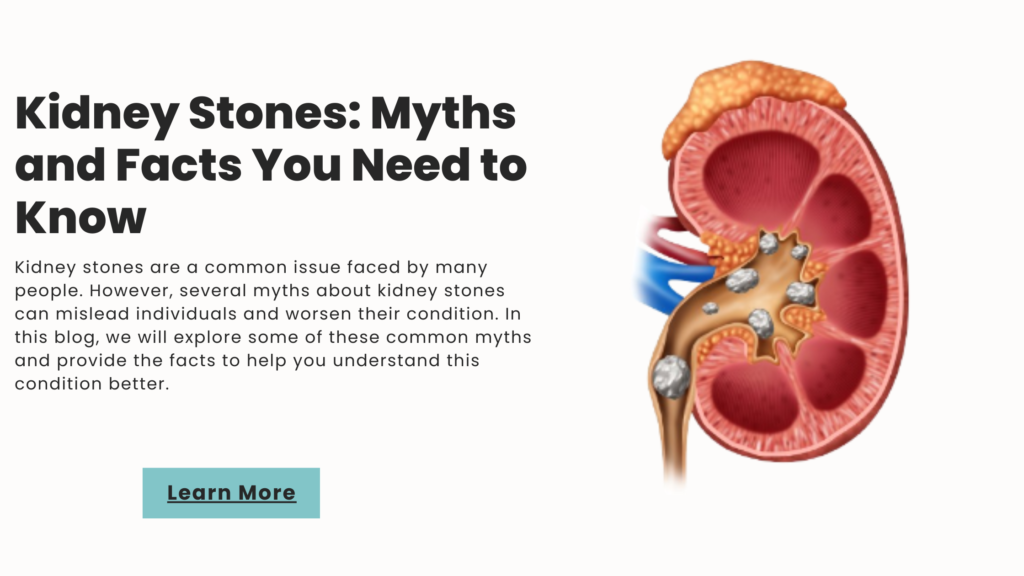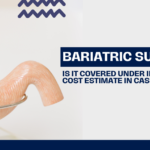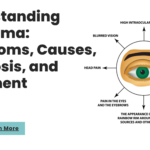
Kidney Stones: Myths and Facts You Need to Know
Kidney stones are a common issue faced by many people. However, several myths about kidney stones can mislead individuals and worsen their condition. In this blog, we will explore some of these common myths and provide the facts to help you understand this condition better.
Understanding Kidney Stones
A kidney stone is a hard deposit made of minerals and salts that forms inside your kidneys. It can be an extremely painful condition and may require surgery in some severe cases. Despite the severity of the problem, misconceptions about kidney stones are widespread, leading to incorrect treatments and unnecessary stress. Let’s take a look at some of these myths and the truth behind them.
Myth 1: Cranberry Juice Helps to Pass Kidney Stones

Fact: Many people believe that cranberry juice can help eliminate kidney stones. While cranberry juice is excellent for preventing urinary tract infections (UTIs), it is not beneficial for kidney stones. In fact, cranberry juice can worsen the situation. It contains high levels of oxalate, a substance that contributes to the formation of kidney stones. Therefore, if you’re experiencing kidney stone symptoms, it’s best to avoid cranberry juice.
Myth 2: Eating Too Much Salt Is the Only Cause of Kidney Stones
Fact: It’s true that excessive salt intake can contribute to kidney stone formation, but it is not the only cause. Kidney stones can form due to several factors, including dehydration, excessive calcium intake, certain medications, and underlying health conditions. High-oxalate foods, such as spinach and nuts, can also play a role in the formation of kidney stones in some people. Therefore, salt is just one of many potential contributors to the problem.
Myth 3: All Kidney Stones Are Painful

Fact: While it is common to associate kidney stones with severe pain, not all kidney stones cause discomfort. Small kidney stones may not be painful and can pass through the urinary tract without causing any issues. In some cases, the only symptoms of kidney stones might be blood in the urine or mild back pain. However, larger stones can cause intense pain, nausea, and vomiting, making it important to seek medical attention if you experience severe symptoms.
Myth 4: All Kidney Stones Require Treatment
Fact: The treatment for kidney stones depends on the size, location, and the symptoms they cause. Most small kidney stones can pass naturally through the urinary system without the need for medical intervention. For these smaller stones, surgery is generally not required. Treatment is only necessary when stones are too large to pass on their own, are stuck in the urinary tract, or cause significant pain or complications.
Conclusion
Kidney stones are a painful and common condition, but many of the myths surrounding them can cause unnecessary confusion and stress. By understanding the facts, you can make informed decisions about your health. If you experience symptoms like pain or blood in the urine, it’s crucial to seek medical attention to determine the best course of action for your condition.
If you found this article helpful, please share it with others, and stay tuned for more informative content on health topics.
Disclaimer: Always consult a healthcare professional for personalized advice and treatment options for kidney stones.



